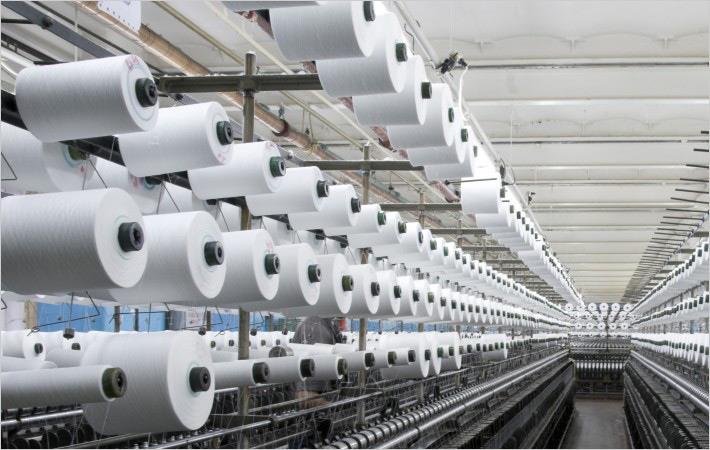Cash crunch bites Indian textile industry
Nov 21, 2016

Textiles, the second largest industry in India, is seeing dull days post demonetisation of Rs 500 and Rs 1000 notes. Few textile units pan India are mulling shutdown while some other units have stopped production temporarily. The Centre’s decision has affected the entire chain of people involved in the process of producing and selling of the textile items.
“This is a temporary phase but the pressure will be built on every week till the issues are addressed. It will take at least two months for the business to get back on track. The only way to deal with this cash crunch is by changing our payment system,” VD Zope, chairman of The Textile Association (India) told Fibre2Fashion.
Since most of the transactions in textile industry are done via cash, it has become difficult for retailers to do business with the cash crunch. This is likely to affect over 15 crore people who are directly or indirectly linked with the textile and its ancillary industries.
“Once a unit is shut down, restart expenses will be a lot. We can make up for the loss only if the situation improves within 10-15 days. However, it does not seem that the cash flow will increase in the market in the coming weeks,” said Jitendra P Vakharia, president of South Gujarat Textile Processors Association.
Vakharia said he will raise this issue with Union textiles minister Smriti Irani, who is visiting Gujarat on Saturday.
Chairman of Southern Gujarat Chamber of Commerce and Industry’s (SGCCI) textile committee Devkishan Manghani said, “Usually, we produce 3-4 crore metres of cloth per day. Today, the production has reduced by 50-60 per cent. Sales have also reduced drastically. The trade has not picked up after Diwali. With low production in the textile units, labourers are also going back home. Most of the labourers in the textile industry are from Bihar, Uttar Pradesh, Orissa and southern states.”
Raising concern over the rise in the number of textile units shutting down in Ahmedabad, Nitin Thakkar, president of Ahmedabad Textile Processors’ Association, said, “Around 50 per cent of the textile units in Ahmedabad have closed. The situation is getting worse. The entire chain of production and sale of textile products has been hampered. It has not been possible for us to do full-fledged business after November 8.”
“The weekly cap for cash withdrawal is also very low. Industries like us at least need 5-6 lakh per week to bear daily expenses,” added Thakkar.
Source: FIBRE2FASHION